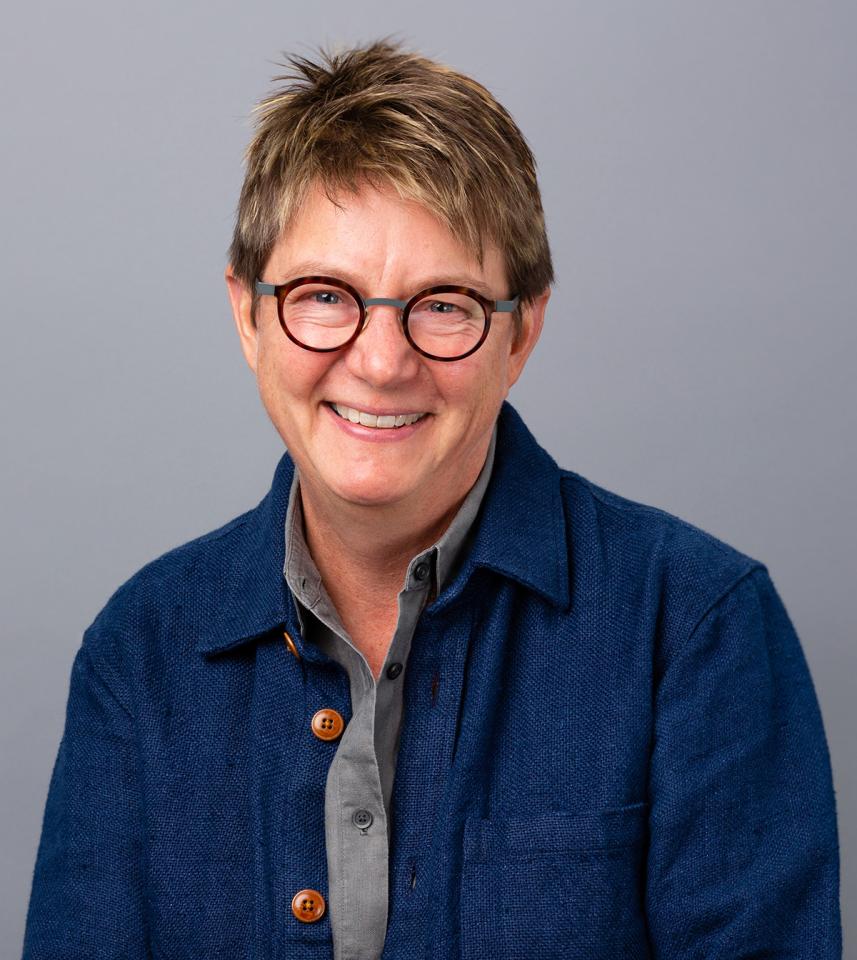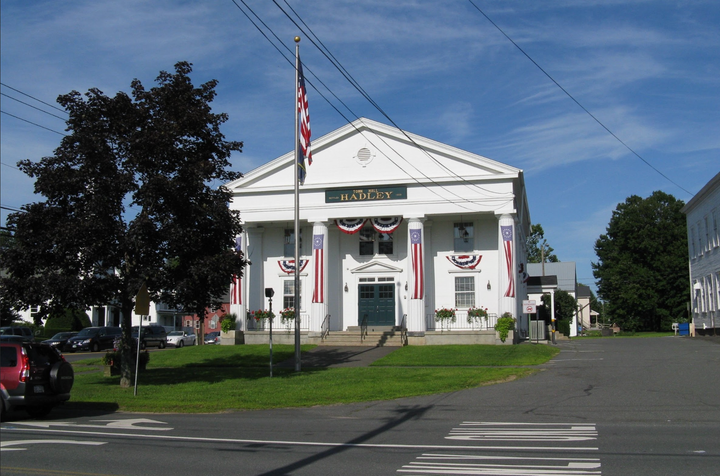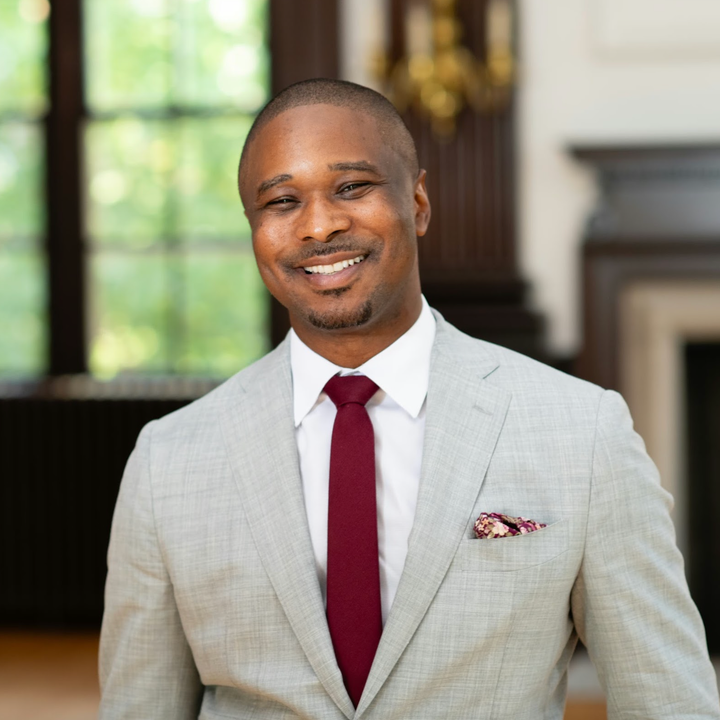Professor Martha Umphrey Prepares for Role as Provost and Dean of the Faculty
Professor Martha Umphrey, incoming chief academic officer at the college, is eager to develop curricular conversations about AI, meet individually with the chairs of each department, and further intertwine the humanities and STEM.

After over 30 years as the Bertrand H. Snell 1894 Professor in American Government in the Department of Law, Jurisprudence and Social Thought, Martha Umphrey is moving on to a new role. Umphrey will succeed Catherine Epstein as the provost and dean of the faculty on July 1, rising to become Amherst’s chief academic officer.
In a press release announcing Umphrey’s appointment, President Michael Elliott expressed his elation that Umphrey had accepted his invitation to serve as the college’s new provost. He noted that Umphrey was thoroughly well-qualified for the role due to her long-standing “commitment to the work of Amherst’s faculty and staff,” as well as her “passion for our liberal arts mission” and “her deep conviction in the capacity of the Amherst faculty.”
The search for a new provost began in January, and Umphrey was notified that she had been nominated by colleagues in early February.
Looking ahead to her tenure, Umphrey said she is eager to develop curricular conversations with faculty members to address the challenges that students will need to tackle in the years ahead. The issue she says she is most interested in talking about is generative AI.
“I’d like to begin to think with colleagues about how to come up with some curricular initiatives and maybe co-curricular initiatives that would address some of the ways in which Gen AI is going to change teaching research, the administration of the college, and the work landscape for our students going forward,” Umphrey said.
In an email to The Student, Epstein said she is delighted to see Umphrey succeed her in the role. “Professor Umphrey enjoys enormous trust and respect among the faculty,” Epstein wrote. “She will make a terrific Provost and Dean of the Faculty.”
Epstein wrote that she especially admires Umphrey for her passion for the issues of freedom of speech and expression, noting that her expertise will be invaluable to the college at a time when maintaining civil intellectual discourse is a great challenge in the world of higher education.
Umphrey, who received her B.A., J.D., and Ph.D. in American Culture from the University of Michigan and focused her research and teaching on law and culture, explained that she thinks very deeply about the issue of speech politics. In her LJST classes, Umphrey says she tries to give students the tools to think more broadly about speech than just through the language and metaphor of the First Amendment.
“I love to think with students about effective ways of speaking, trying to figure out strategically what it is that people want to have happen when they’re speaking and how best to go about doing that,” Umphrey said.
Lawrence Douglas, chair of the LJST department, emphasized that the department’s loss of Umphrey as a professor is the college’s gain.
“I believe Martha will make a superb dean and provost. She’s a morally grounded, fair-minded problem-solver who’s deeply respected by her colleagues,” Douglas said. “I think she will work to create a stronger sense of community between older and younger members of faculty.”
Umphrey said that over her lengthy tenure at the college, she has connected with a large number of faculty across all disciplines. Yet, “there are a lot of people I don’t know that I hope I will get to know soon,” she said.
In order to do so, Umphrey explained that she plans on meeting with the chairs of all academic departments individually in order to understand what each department views as its own unique challenges and opportunities.
“I'm looking forward to that because that will strengthen my sense of the sinews of the college, what’s tying us together, and also what any concerns may be so that I can begin to work on those when I really get going after July 1,” Umphrey said.
While Umphrey explained that although she is an ardent champion of the humanities, including promoting the “value of thinking broadly, deeply, and philosophically,” she doesn’t believe this is separable from “doing really great STEM work.”
“How do we think about not just the how or the what, but the why? These questions become even more important, I think, as technology encroaches more and more on everyday life,” she said. “So I really don’t see the humanities as separable from the important stuff that's going on in STEM,” she added.
In the short term, Umphrey says she is focused on helping faculty, staff, and students “hold themselves together.” This means “finding ways to attach ourselves to the college, even when we're debating really important topics,” Umphrey said.
“I think we can’t get anything else done if we can't work with each other and feel like we have a shared project,” she added.
Umphrey added that she is also focused on addressing the issues of space shortage on campus, as well as finding ways to “better integrate not only work in the academic divisions (the arts, humanities, social sciences, and science) but also how to enhance collaborative possibilities with some of our staff-run departments and centers, museums, and the library,” she said.
Umphrey also said she hopes to find time to work on “fun” projects so as to “generate a culture on campus that's both meaningful and full of joy,” the end result being that “people want to be here and believe that their education is not just worthwhile, but really generative and cultivating a sense of pleasure, spirit, and hope.”
As she ruminated on the gravity of her new position, Umphrey said she will miss teaching in the LJST department.
“But I am really looking forward to working with colleagues on college policy and on college initiatives,” she said. “It’s something that I also really care about, and I’m glad that I'll have the time and institutional position to support things that students really care about.”




Comments ()